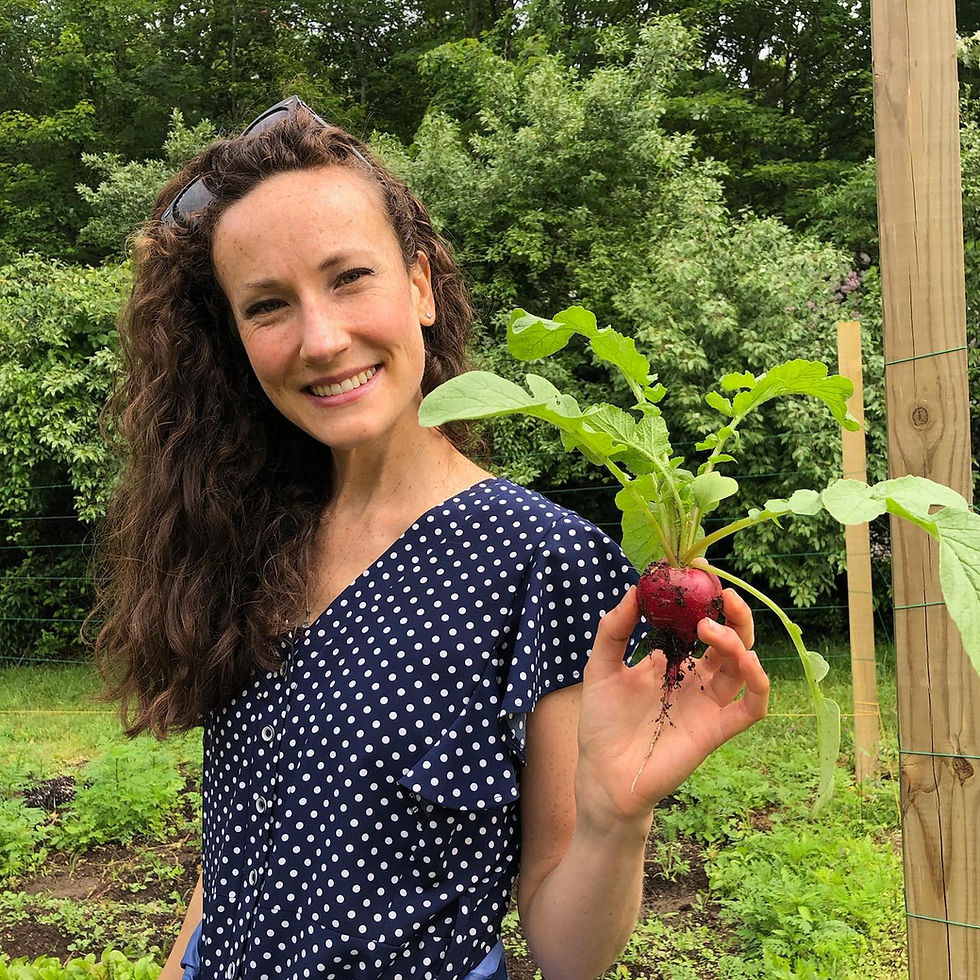The Role of Conventional Medicine in Healing 🕵️♀️
- baileyobrien330

- May 3, 2021
- 2 min read
Hi, Friend! 😁
This is my second time writing this blog post so I hope I get something logical into words because I'm falling asleep and I accidentally left the page without saving it. 😵
I am going through the survivor chart that Jodi Ledley and I are working on and examining who received any kind of conventional therapies because I'm stuck on this Danger Theory and trying to figure out if/how it applies to survivor stories, especially in light of conventional methods. I want to know, does a little bit of conventional treatment, which causes a bit of damage, have anything to do with the healing? Or how much of a role does it play? I have some friends who have strong feelings against conventional treatments because their loved ones did not survive their treatments, but from my vantage point I have seen conventional methods as part of the healing process at times and I want to know how and why! I first took notice of this concept a few years ago, which I expressed in this video.
So far in my examination of the survivor chart, there are 41/66 (61%), who did have some form of medical treatment, whether that includes biopsy, surgery, radiation or chemotherapy. The good news is that all of the people in this group survived at least 5 years. (Names in pink are those who have had some kind of conventional intervention, and I started at the beginning and finished with the breast cancer survivors.) What does this mean? Well, we need to break these down into further categories and not just generalize it into conventional vs. nonconventional, and we need to have a population with similar characteristics to compare to as a control in order to know if this is significant.
But what I wanted to point out right now is that sometimes we are afraid of conventional treatments and sometimes people end up in bad situations that could have been prevented through taking advantage of a conventional treatment. For example, I met a woman yesterday who has basal cell carcinoma that has grown significantly in her mouth and it's causing her great pain. Unfortunately she's now in a very difficult situation in which if she has surgery now it will greatly affect her facial features, but if she had had surgery on it early on this could have been avoided. Even Dr. Isaacs talks about this in her work - that if a treatment is usually very effective, such as chemotherapy in lymphoma, she recommends that over a protocol even such as her own nutrition, detox and supplement protocol. I believe she touched on that in this interview we did last year. I need to be reminded of this too, because I'm one of the first to say no to anything that could have a potential negative side effect and that could potentially get me in trouble if I let it skew my logic. But take a look for yourself, here is the survivor chart for you to examine: https://onedrive.live.com/view.aspx?resid=88730FBC4617CB51!348&ithint=file%2cxlsx&authkey=!APSoVU09wSfA2SU What sticks out to you about the survivors and their treatments? I'd like to know! 😊 That's it until next week for my research! ✨🙏





























Comments